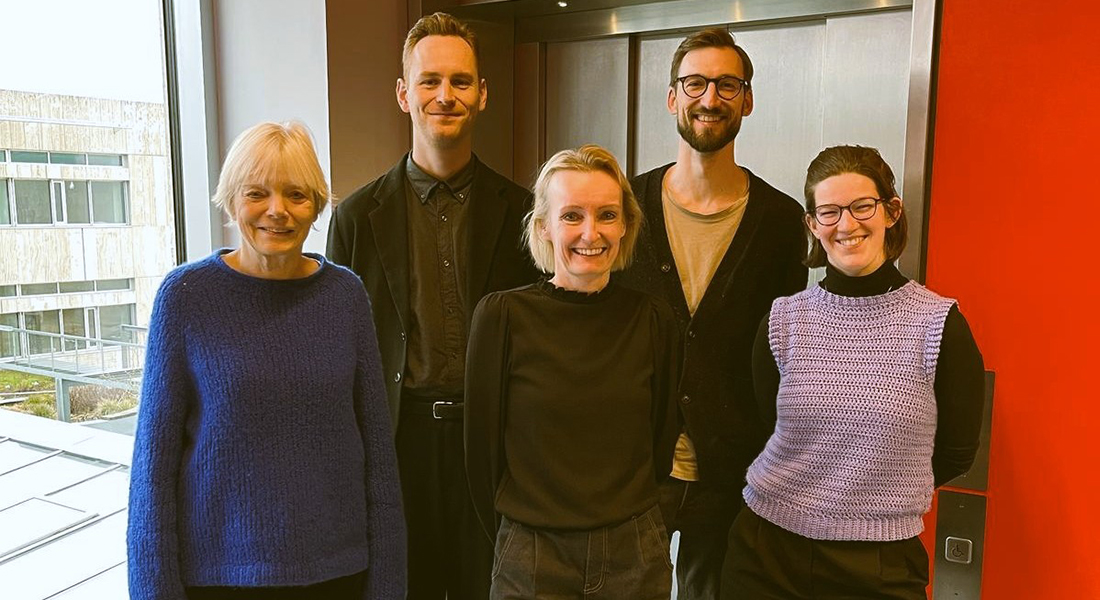EXPOSING: The Public Value of Socio-Mediated Scandals in the Digital Age
EXPOSING examines how scandals emerge and progress over time and across platforms, as citizens no longer passively witness scandals through mass media but take an active role by posting their opinions online and become a driving force in exposing and judging moral transgressions.

The research team studies a new understanding of scandals as socio-mediated, i.e. as co-constructed by multiple actors and across platforms. We are especially interested in the role of citizens’ affective and emotional involvement in scandalization processes on X, YouTube, Instagram, etc. It is our hypothesis that by occasioning citizens’ engagement in the negotiation of what a society considers morally contestable at a certain point in time, socio-mediated scandals have the potential to create public value.
The project adds new knowledge about new types of scandals, the many actors involved and the media logics that drive scandals and scandalization processes in a digital media context. This can hopefully provide both scholarly and public critical attention to scandals and processes of scandalization as sites for negotiation of societal and cultural norms, values and concerns.
The project first maps current scandals with significant public attention and participation – e.g. notorious influencer Andrew Tate starting a feud with environmental activist Greta Thunberg on Twitter; literary critic and influencer Katherine Diez being exposed in plagiarism by Redditors; or Harry Potter author J.K. Rowling expressing her views on transgender issues on social media, stirring outcry among fans and making other stars react online. This scandal mapping illuminates the themes, network structures, key players and their communication. Second, the project investigates what motivates citizens to engage in the scandal communication, and what value they attribute to this communication, if any. Finally, we turn to traditional scandal actors – journalists, pundits, politicians, celebrities, other public figures – who used to be main drivers of scandals, and how they see their own and citizens’ role in the changed socio-mediated scandal dynamics and scandalization processes.
The main research question are:
- RQ1: What are socio-mediated scandals and how do they develop?
- RQ2: How do different actors communicate in socio-mediated scandals?
- RQ3: Why do citizens engage in scandal communication?
- RQ4: How do traditional scandal actors assess the changed dynamics of socio-mediated scandals?
- Ester Pollack, Professor, Department of Media Studies, Stockholm University
- Göran Bolin, Professor of Media and Communication Studies, Södertörn University
- Karin Wahl-Jorgensen, Professor of Journalism and University Dean of Environment and Culture, Cardiff University
- Mia-Marie Hammarlin, Senior Lecturer, Department of Communication and Media, Lund University
Researchers
| Name | Title | Phone | |
|---|---|---|---|
| Frijns, Eva | PhD Fellow | +4535321175 | |
| Jerslev, Anne | Professor | +4535328111 | |
| Johansen, Mikkel Bækby | Postdoc | +4535332356 | |
| Kristensen, Nete Nørgaard | Professor | +4535329361 | |
| Menke, Manuel | Associate Professor | +4535333526 |
Events
Upcoming events
- October 23, 2025: EXPOSING research seminar
- January 8-9, 2026: EXPOSING research seminar
- March 23, 2026: EXPOSING research seminar
- June 25, 2026: EXPOSING research seminar
Past events
- August 18, 2025: EXPOSING research seminar
- May 27, 2025: EXPOSING catch-up meeting
- March 27, 2025: EXPOSING research seminar
- February 27, 2025, 12-17: Team meeting 4
- December 16, 2024, 9-17: Team meeting 3
- November 6, 2024, 13-17: Team meeting 2
- August 12, 2024, 9-12.30: Team meeting 1

